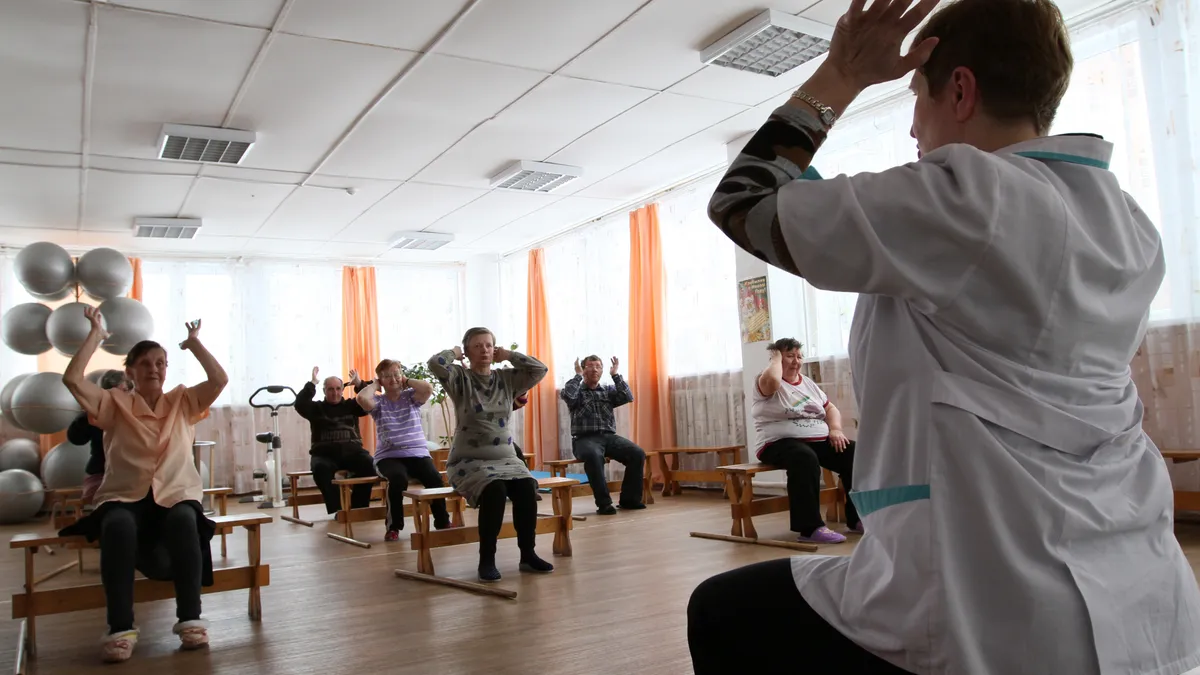Dive Brief:
- Conference Board research estimates that healthcare costs for aging baby boomers will rise by 20.8% for home services and nursing facilities and 25.8 % for retirement communities with continuous care, reports Employee Benefit News.
- Generation Xers will look for ways to offset their parents’ long-term healthcare costs, EBN says. Adding their parents to their employee benefits programs and using health savings accounts (HSAs) to do so could serve as potential solutions.
- The growth in elderly care costs will make caregivers of sick or elderly parents need paid family leave, HSA contributions, employee assistance programs and vendor services more than ever, notes EBN.
Dive Insight:
Employers who offer HSAs help workers save money for medical expenses as a hedge against rising health costs. HSAs might also relieve some of the burden on young and middle-aged parents of caring for both children and aging or ill parents.
Additionally, boomers were supposed to supplement their medical costs with Medicare benefits and retirement savings, but many now find themselves short of funds when they leave the workforce. Employers must remember that HSAs might be expensive for lower-paid workers and therefore aren’t suitable for everyone, even though some employees are opting for HSAs over high deductible health plans.
HSAs also offer account holders tax advantages for dependents. L. Stephen Bowers, an attorney with the Cozen O’Connor law firm, told EBN that some employees can claim their live-in parents as dependents and use HSAs to pay for their medical expenses. This includes long-term care insurance.
However, Bowers warns that workers who use HSAs on non-dependents could face substantial tax penalties.
Employers can provide HSAs as a benefit to attract and retain talent, especially millennials, the workforce’s largest segment who include a growing number of caregivers.












